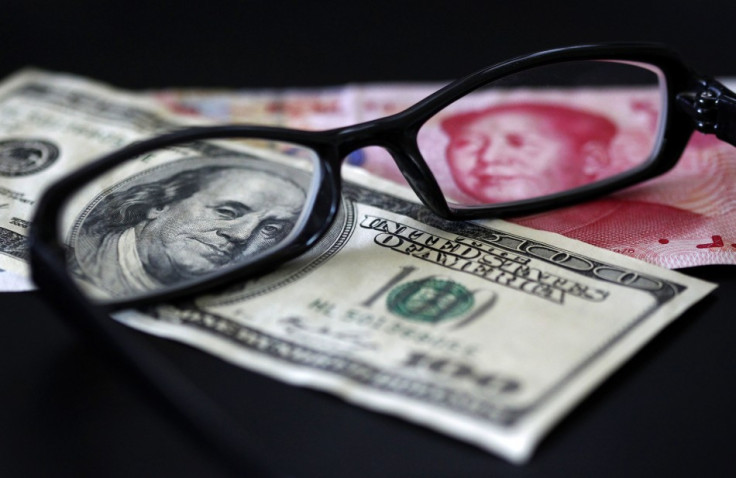China Steps Up Scrutiny of Cross-Border Capital Flows as Yuan Climbs to Record High
Firms to get 10 days to explain the need for their transactions

China's currency regulator has stepped up monitoring of capital inflows and outflows to prevent speculative funds from entering the country, which it considers responsible for pushing the Chinese yuan to record highs in recent weeks.
Heavy capital inflows into China contributed to a capital and financial account surplus of $102bn (£65bn/€79bn) in the first quarter of 2013, up from $20bn in the fourth quarter of 2012.
This has prompted the State Administration of Foreign Exchange (SAFE) to issue new rules aimed at curbing currency speculation.
The rules tighten limits on long yuan positions held by Chinese banks for their own accounts and discourage domestic firms from using dollar loans as a means to speculate on yuan gains.
SAFE has also stepped up its vigil on exporters who, typically, channel money into China disguised as trade payments, according to a SAFE announcement on 5 May.
The changes suggest that "a level of tolerance over the nature of RMB appreciation has been breached," Paul Mackel, head of Asian FX at HSBC, wrote in a note to clients, Reuters reported.
The new limits, which will take effect at the end of June, apply to banks whose foreign-currency loan-to-deposit ratio (LDR) exceeds the reference rate of 75% for Chinese banks and 100% for foreign banks. The system-wide forex LDR stood at 171% at end-March.
Higher a bank's forex LDR, the more tightly its long yuan positions will be restricted. The rules should make foreign currency loans more expensive because they incentivise banks to set aside more forex deposits against their loans. Onshore forex deposit rates may also rise, as banks try to attract more deposits.
"A lot of the RMB's recent strength has come from onshore, where domestics have been borrowing more in foreign currency and holding more assets in RMB," said Mackel .
"We have felt that these flows were adding to the hot money inflow pressures".
Firms earning revenues in Chinese yuan prefer borrowing in dollars if they anticipate the yuan to rise. The loan becomes cheaper to repay in yuan terms, according to the Reuters report.
SAFE will send out warning notices this week to firms whose goods and capital flows do not match, as well as those that are bringing big amounts of cash into China, it said in a statement on its website.
Recipients of such notices have 10 days to explain the need for their transactions. Firms that do not respond or are unable to furnish satisfactory proof will then be placed on a SAFE B list, and their transactions will be closely monitored for three months at the minimum.
A firm's name will be moved to SAFE's A list only when the regulator observes that transactions have returned to a normal range.
© Copyright IBTimes 2025. All rights reserved.





















